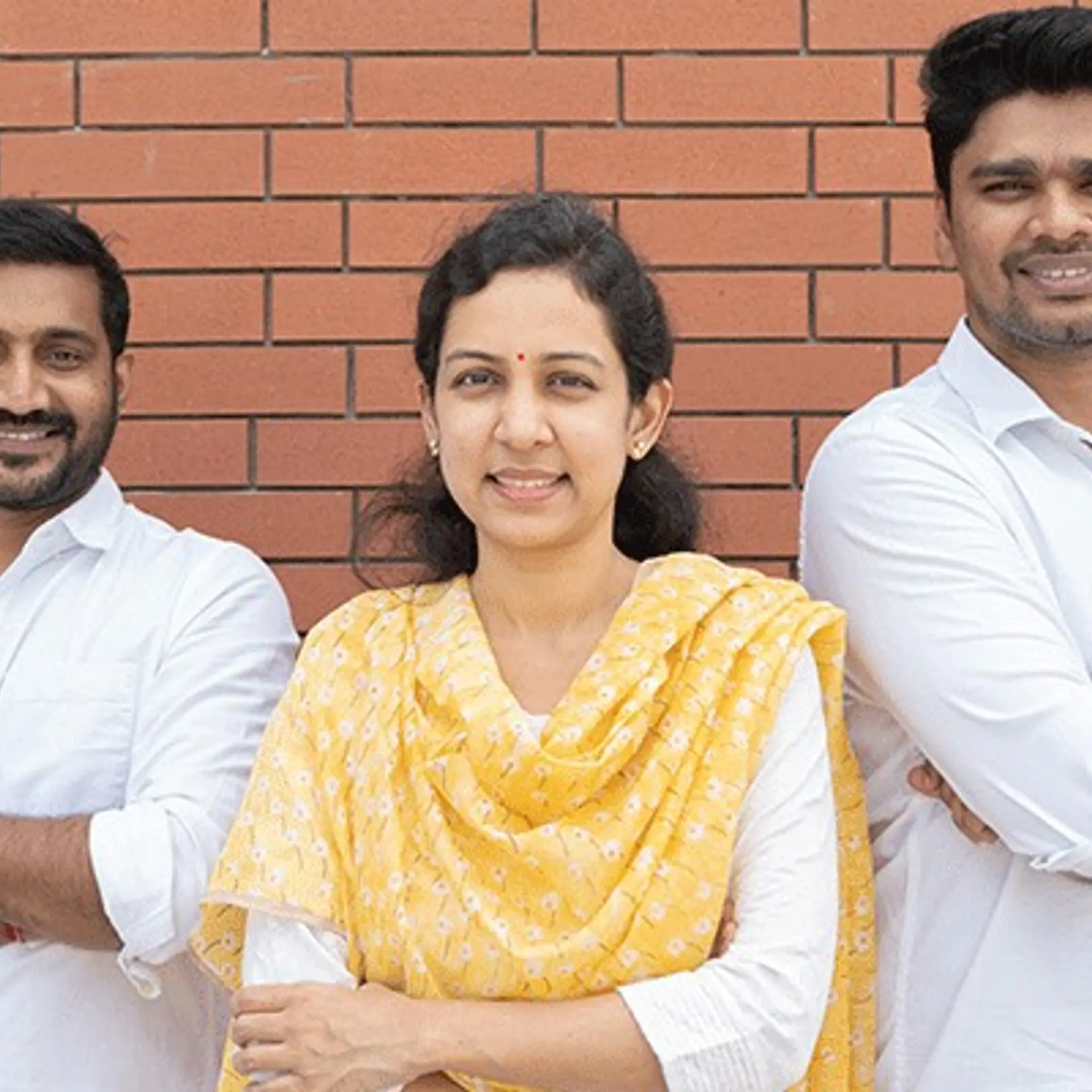The myth of multitasking - how it dumbs you down

“If you chase two rabbits…
You will not catch either one”
- Russian Proverb
Have you ever felt pumped up by the end of a work day that you worked on multiple things at the same time and checked off many things on your to-do list, only to find that the needle-moving big ticket items had not been touched? Or that the most important things for success hadn’t been touched? Well, that’s the myth of multitasking.
The term ‘multitasking’ originated in the 1960s to describe a computer’s ability to execute multiple tasks simultaneously. For example, a computer could take on 3 tasks at the same time, allocate dedicated time ‘slices’ to each task and switch between the tasks rapidly, such that all tasks were being executed simultaneously. Somewhere between the 1960s and the 1980s, the term came to be applied to humans, the original definition was forgotten and it even metamorphosed into a desirable quality. So much so that being “an effective multitasker” actually won brownie points on a resume.
What are the problems with multitasking?
The human brain has multiple channels to process different kinds of information. That is the reason we are able to walk while we talk, or listen to music while reading the morning newspaper and so on, where either one or both of the tasks are low intensity. But the problem arises when the brain is forced to perform two tasks of high intensity – you wouldn’t want your surgeon to talk to his wife (yes, this is high intensity!) while operating on your heart, would you?
- Dumbs you down: A study by University of London’s Institute of Psychiatry found that there is a 10 point drop in IQ in the person while multitasking
- Slows you down: A study published in the Journal of Experimental Psychology found that productivity was down by as much as 40% while multitasking
- Stresses you: Studies by the National Institute of Neurological Disorders in Maryland found that multitaskers had higher stress levels than the rest of the population, as measured by physiological symptoms
- Permanently impacts you: Long term multitasking can impair brain function and cause long term difficulty in concentration and learning
Here’s the kicker – Heavy multitaskers perform much worse than light multitaskers – so the more you multitask, the more distracted and de-focused you are, no matter what you believe.
So why do we multitask?
- It’s an addiction: Research has shown that multitasking releases Dopamine and activates the same pleasure points in our brain that are activated by heroin addicts. No wonder we feel ‘high’ and good about ourselves when we multitask
- FOMO (Fear of missing out): We are a generation of ‘infomaniacs’, who want to be updated about everything that is happening in the world (News apps), in our friends circle (Facebook), thought leaders (Twitter). We actually have a fear of missing out something important
- We love novelty: Right from the time we were cavemen, we loved looking at the next shiny object that came along. It is proven by research that we love ‘starting’ new things because it makes us feel good – taking things to their logical closure is not so ‘interesting’
How can we stop multitasking?
Most of the progress of mankind has been the result of insights that came from committed, long term focus on hard problems. Steve Jobs would probably not have created the iPhone had he been constantly distracted by his text messages.
In the absence of “Multitaskers Anonymous” (MA) support groups for de-addiction in our society, we share a few thoughts on how you can start on the path of focus:
- The world is like an Indian soap opera: The thing about Indian TV series is that even if you do not watch them for weeks together and then tune in again, nothing would have changed, except for a few grey hairs on the characters. That’s how your friends’ Facebook newsfeed, your favourite Twitter feeds and your news articles are going to remain. So chill out – you are not missing anything if you tune off the social networks for days together!
- Wake earlier or sleep later, by a bit: If you are a morning person, try waking up just 30 minutes earlier and if you are a night owl, try sleeping just 30 minutes later than usual. Since a full disconnection from Internet is not really feasible these days, this extra time of deep focus can work wonders for your progress
- Earmark 3 hours of your day: Make it a habit to block off just 3 hours of your work day, either in the morning or in the afternoon. Convey this to your colleagues, family and friends and stop taking calls or scheduling meetings in this period. Once this becomes a habit, you will see your productivity jump
The cost of interruptions to work has actually been measured. Every time you interrupt your work when a co-worker comes to your desk or when your chat window pings or your phone buzzes with the latest WhatsApp message – it takes you 25 to 100 percent extra time to complete the task, depending on the complexity.
We have the choice very clearly in front of us – either to behave like a bunch of monkeys suffering from attention deficit disorder or to leverage our mental faculties to truly take the human race forward.
Share your thoughts on multitasking in the comments below.







